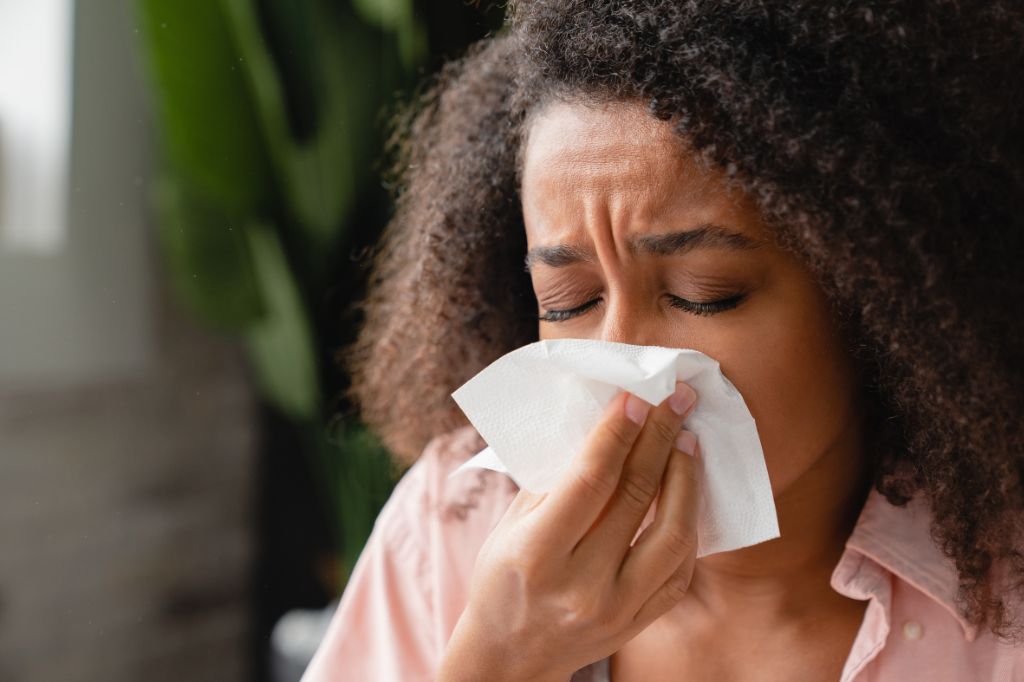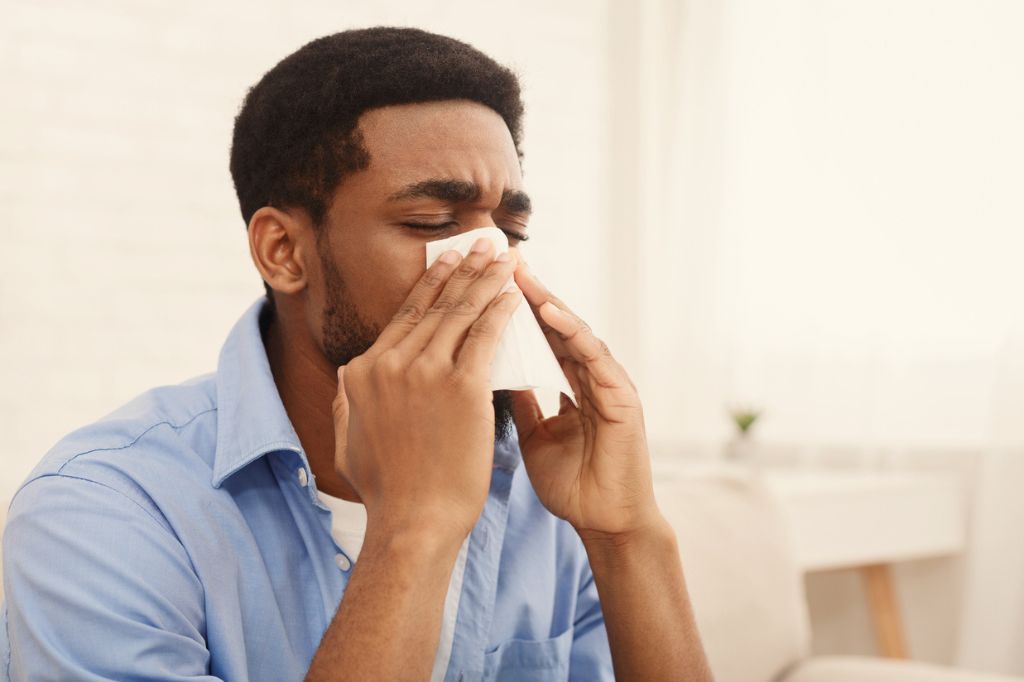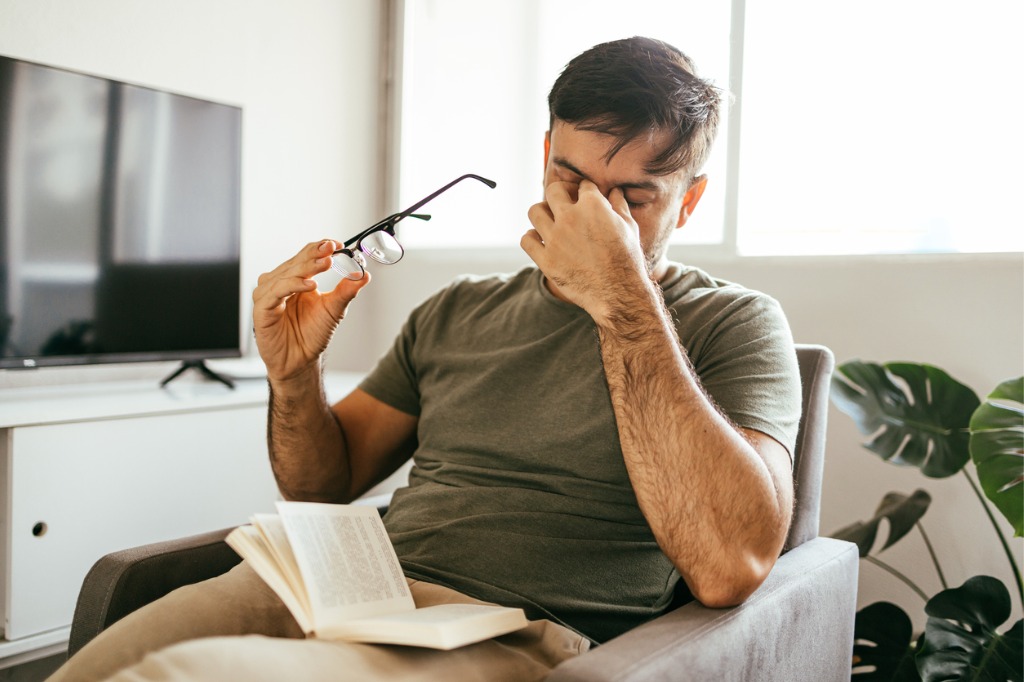
How Long Does Hay Fever Last?
In 2021, nearly 81 million Americans were diagnosed with hay fever. Hay fever, also known as allergic rhinitis, can cause a season of discomfort with symptoms that can disrupt daily life. How long hay fever can last may vary depending on several factors. Whether you are experiencing allergic rhinitis for the first time or have been dealing with it for years, understanding the duration of this condition can help you prepare and manage your symptoms.
What Influences the Duration of Hay Fever?
The duration of allergic rhinitis symptoms may vary greatly from person to person and depends on a range of factors. These include the time of year, your location, and your sensitivity to allergens. Understanding these influences can help you better anticipate and manage hay fever.
Seasonal Variations
Symptoms often fluctuate with the changing seasons. Those affected by pollen allergies may find their symptoms peaking during the spring and fall when pollen levels are at their highest. Conversely, winter may bring relief as pollen counts drop.
Geographical Factors
Where you live can play a significant role in the duration and severity of hay fever. Urban areas with higher pollution levels can exacerbate symptoms, while rural areas might expose individuals to different types of pollen. Regions with mild winters may have longer pollen seasons compared to those with harsh, cold conditions.
Personal Sensitivity
Each person’s sensitivity to allergens can greatly influence the duration of symptoms. Some individuals may experience symptoms only during peak pollen times, while others might struggle with issues year-round due to multiple allergic triggers. Personal immune response and the presence of other respiratory conditions, such as asthma, can also impact symptom duration.
How Long Does Hay Fever Last Typically?
How long hay fever lasts typically depends on several factors, primarily the length of the pollen season in your area. For many individuals, allergic rhinitis is a short-term annoyance, with symptoms lasting from a few weeks to several months, coinciding with the amount of local pollen in your area. However, in chronic cases where individuals are sensitive to multiple allergens, the question of how long hay fever can last becomes more complex. Symptoms may persist for as long as the exposure to allergens continues, necessitating more robust management strategies to cope with the prolonged discomfort.
Effective Strategies to Reduce Symptom Duration
Living with hay fever can be challenging, but there are effective strategies that may reduce the duration and severity of your symptoms. Employing these methods may make a significant difference in your daily comfort and overall well-being. The following strategies can help alleviate your hay fever symptoms:
Environmental Control
Reducing your exposure to allergens may significantly shorten the duration of hay fever symptoms. Keeping windows closed during peak pollen times, using air filters, and regularly dusting and vacuuming can all help minimize pollen levels in your home. Additionally, avoiding outdoor activities during peak pollen times and wearing a mask when outdoors can also help reduce exposure.
Medications
For some individuals, medications may be necessary to manage hay fever symptoms. Over-the-counter antihistamines can provide relief for mild cases, while prescription nasal sprays or allergy shots may be needed for more severe or chronic cases. Before starting any medication, consult with your doctor to determine the best treatment plan for your specific needs.
Natural Remedies
In addition to medical interventions, natural remedies can help alleviate your allergy symptoms. These include using saline nasal rinses, incorporating anti-inflammatory foods into your diet, and trying herbal supplements such as quercetin. Other natural remedies, such as acupuncture or steam inhalation, have also been known to provide relief for some individuals. As with any treatment, be sure to consult with a healthcare professional before trying natural remedies.
Diet and Lifestyle Adjustments
Incorporating anti-inflammatory foods and supplements into your diet, such as vitamin C and omega-3 fatty acids, can help reduce inflammation in the body. Additionally, avoiding allergen-triggering foods and maintaining a healthy lifestyle with regular exercise and proper sleep can also contribute to managing hay fever symptoms.
Find Relief from Allergies Today
Relief from hay fever is possible with the right medical guidance and treatment plan. At Northeast Allergy, our team of allergists is dedicated to helping you manage and reduce the duration of your symptoms. Don’t let allergies disrupt your life any longer. Book an appointment with us today and take the first step toward a more comfortable, symptom-free future.



